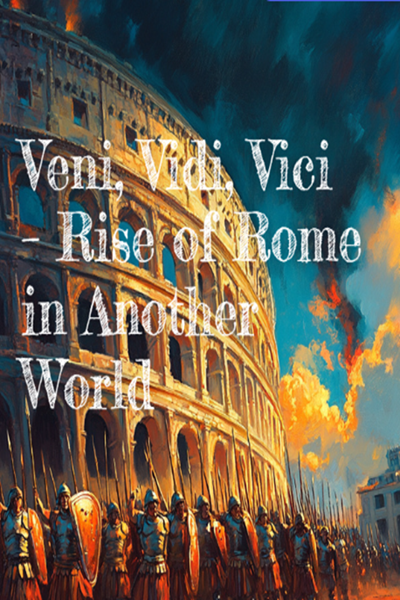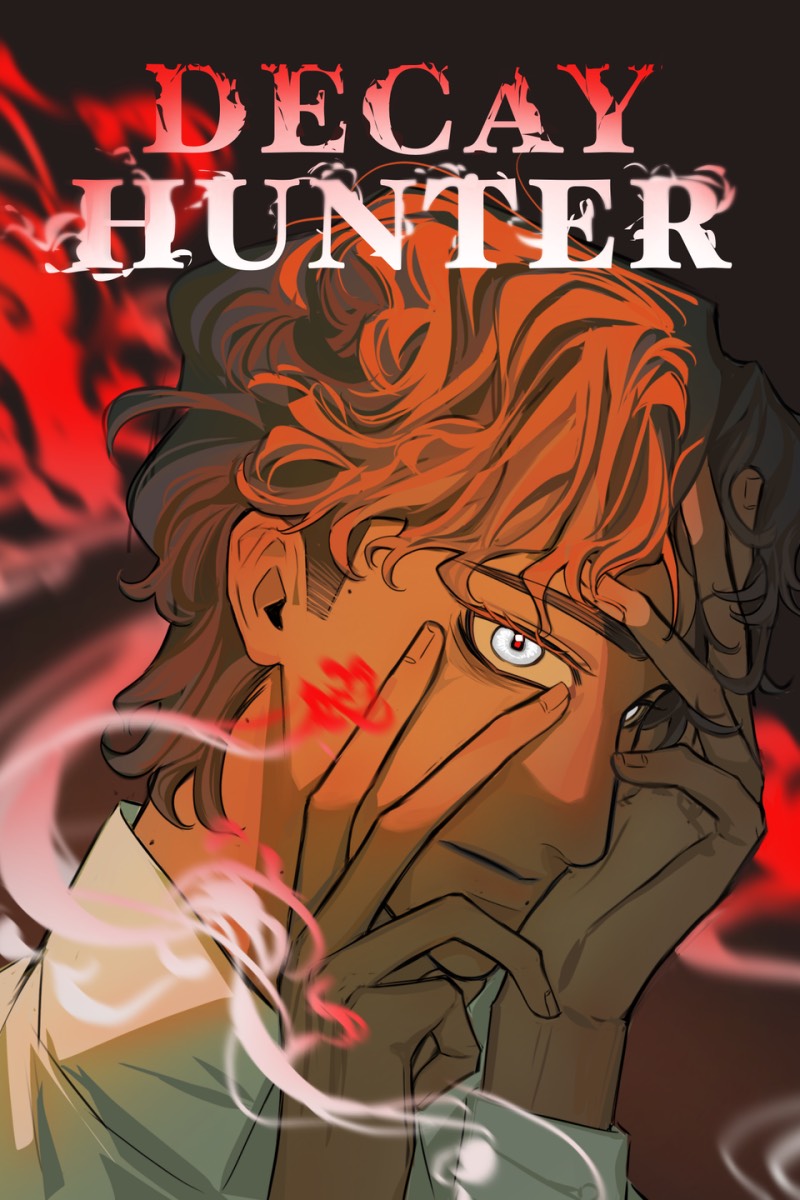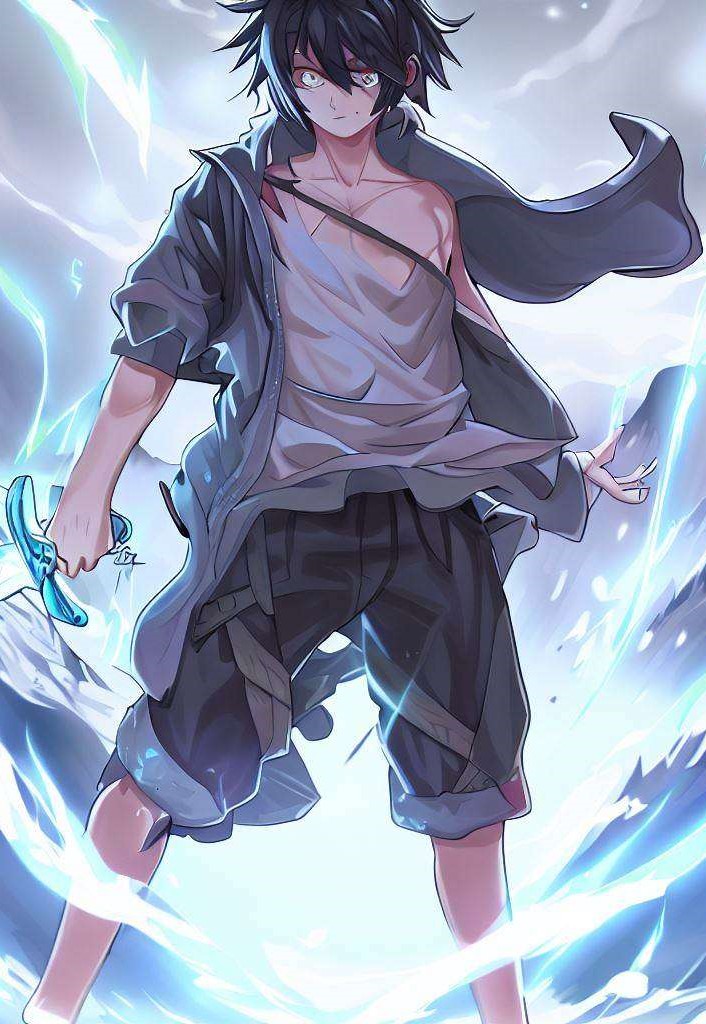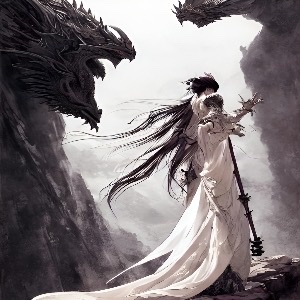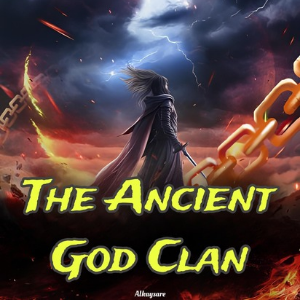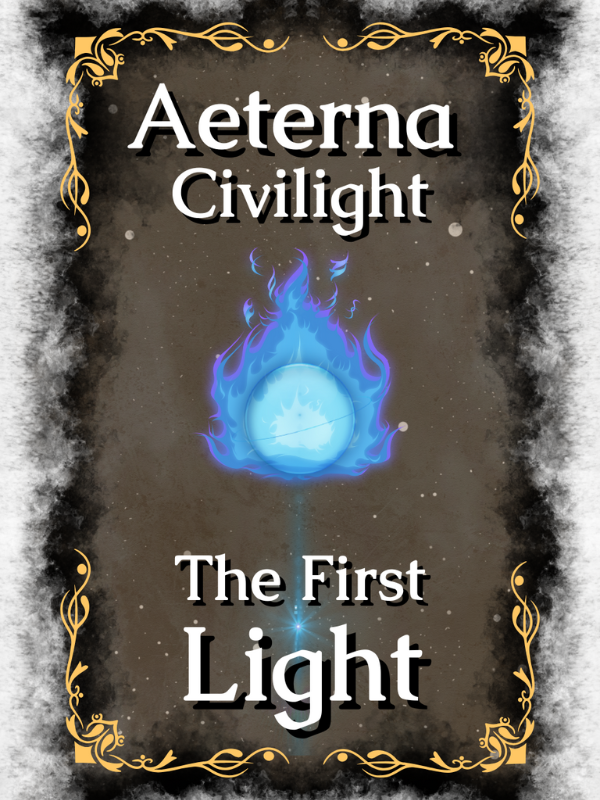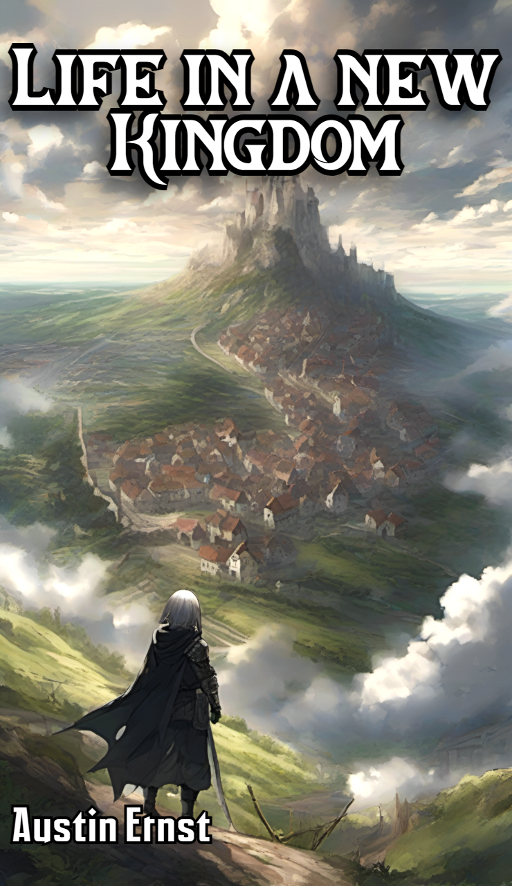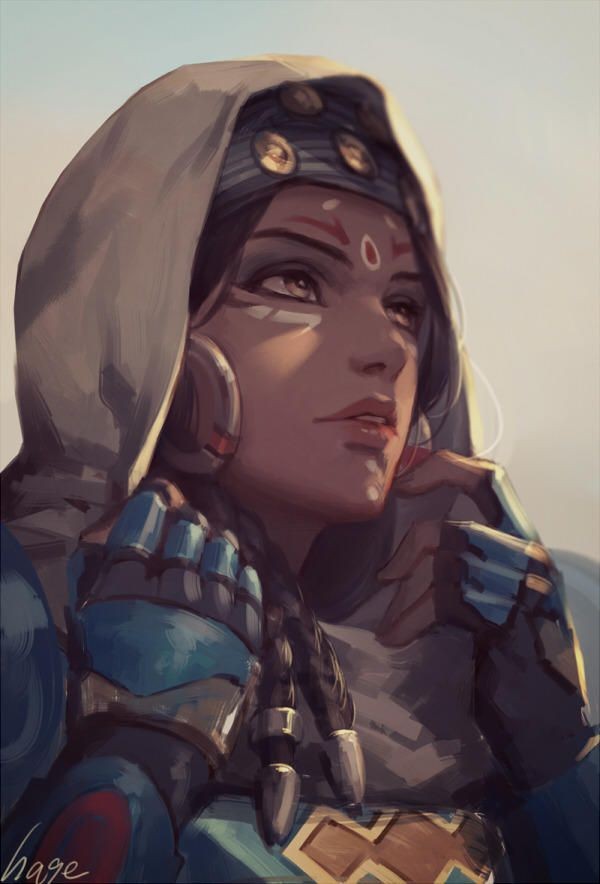The southern pass led to the mouth of a wide valley, flanked on either side by snow-capped ridges. Its dirt, nourished by glacial waters, was the most fertile in the realm of Golud Baradash. The dwarfs had long used the valley for wheat and barley. This time of year, the surface village of Lal Mopbog would be having its years-end festival. Dwarfs from all around would bring their crafts, their ales, and their skills to celebrate the coming winter.
Such celebrations were common in the harvest regions, but my kin were suspicious by nature, covetous of their way of life, and mistrustful even of other dwarfs. However, I ‘ad competed in their year-end arena myself. I knew there were few mountain homes with such hospitality; such joy and generosity. They always welcomed us fort-dwellers into their homes and sang with us in the mead halls. Every year I ‘ad returned. That year was no different.
From the hills north of the valley, we prepared our ballistae. Rangers reported our force doubled the number of men in the valley’s southern end. Even so, I would not spend another dwarf life in hubris. I ordered Lal Mopbog evacuated. The ballistae were loaded with gunpowder.
‘Twas the secret to dwarf dominance. No younger race had access to our vast mineral reserve or the talent to mix its riches. My engineers balanced casks around the nose of our eight-foot long ballistae bolts. They lit the fuses and our bolts were loosed on Lal Mopbog with a thunder! I watched from my tent as black smoke spoiled the sky. For seven days we bombed the village.
This was my answer to human cavalry.
By laying waste to the earth, we destroyed the fields and trees, and spread fires that softened the permafrost. That valley, once golden with wheat, ‘ad turned black with mud. It would swallow the demon army’s barded horses. In a few days, the first snow would sweep down from the north and freeze the ground. I did not believe my father. I was certain that faced with the closure of the southern pass, the humans would retreat rather than advance to their deaths.
Even the demon emperor had to obey human limits. His army would be hungry. They had advanced far ahead of their baggage train and relied on pillaging the mountain homes for supplies. By destroying Lal Mopbog, I ‘ad dealt a double blow! The muddy terrain deprived them of their agility and the lack of food crippled their morale. Faced with the terror of explosive ballistae bolts, I was certain—certain they would run!
Another year. One more year, and the forts would be sealed behind their iron doors. My kin would be safe. For the life of a single dwarf, no sacrifice was too great.
On the eighth day, the demon army arrived. Their soldiers were decorated in black armor and they carried red pennants that fluttered in the cold wind. I expected they would setup camp just beyond our range, but rather than wait for the snow, they formed a battle line. Foolish! They’d come all that way and learned nothing about the land. The demon emperor intended to break through!
I made my orders. The mithril shield breakers would join me in the spearhead. The regular army of dwafen Bronzebeards, Graybeards, and Whitebeards, would form ranks in the following arrangement: Whitebeards in front, for they were the oldest dwarfs; proud land owners, who paid for their own mithril armor and carried large round shields that made for a fierce shield wall. The Graybeards were the second oldest, and formed the lines behind the Whitebeards with their halberds. While the Whitebeards blocked the men with their shields, the halberds would strike out in the gaps between the line and cut the men to pieces.
Then there were the Bronzebeards. They were the youngest, but fiercest warriors. They had the most to lose, because they ‘ad not yet lived 200 years or more. The fledglings were thirsty for honor, so I instructed them to fill the gaps in the dwarfen line. If the humans were to make a break, however impossible that seemed, they would rush in with their hand axes and round shields and stem the damage before it caused a route.
While the infantry held the line, the ballistae would harass the human rear-guard with explosives.
We would shatter their bodies and their wills in a valley of fire, steel, and blood.
The humans charged on the evening of the second day, in the long shadow of the mountains. It was bizarre to see. Light was a critical component of war: A warrior needed it to coordinate, to react to attacks, and to attack effectively. The darkness made it difficult for the men to determine friend from foe and the glow of their tall torches only marked them as targets for the ballistae crews. We let loose the first volley.
Orange-red flashed across the valley’s end. Plumes of mud soared into the air. I heard the screams from where I stood on the hill, as I made ready my armor and my weapons. The ballistae let loose another volley. The explosions shook the earth, roused the dwarfs from their mead tables and their feasting tents. We assembled at the foot of the hill and I stood at the head of the army.
How foolish men were. Did they think that the darkness would affect us as well? Did they think the mud would hinder us at all? We ‘ad long mastered the mountain caves with our darkvision, and we were masters of the earth! I clapped my mithril-plate boot into the mud and released the magic of my blood eyes.
“Earth Step Aura!” I shouted and a wave of red light passed over my army. The mud would hinder them no more. To them, it would be stiff as solid stone.
I raised my arms and ‘eld my steel axes high over my head. “Charge!” I shouted.
The deafening blow of horns sounded across our dwarfen line. The Whitebeards roared. The Graybeards roared louder. The Bronzebeards cheered, and the battle was joined!
It was a slaughter.
What men weren’t swallowed by the mud were cut down by our axes. And those that sunk fast into the earth, carried down by their weight and their struggle, cried for help. The men carried 6-foot long great swords that would have cleaved a dwarf in two, if they could ‘ave hit’em. In the dark, they were blind. The shadow of the night was as day in our eyes.
They did not retreat. I could smell the sweat of fear in the air, but despite their losses and their cowardice, they did not turn even as our blades found their hearts. The humans threw themselves at our line until their bodies had piled into the mud. When there was no mud to sink through, they stood on the plate-armored backs of their freshly fallen.
What was I to make of that? The men that charged blindly into the night. They ran toward thunderous boots and gnashing steel, and all behind them were plumes of fire and filth. They must have turned deaf from the noise. Blind and deaf, they were. I had expected the fierce, elite force that had defeated so many hill forts. Instead, I found animals that cared not for their own lives.
Did they have nothing they treasured?
I broke through the human line. Together with my mithril shieldbreakers, I pressed toward a tall tent behind the demon army. It was the only one they erected. The demon emperor sent his reserves, but all he accomplished was halting my shieldbreakers. They could not stop me.
I ‘ad thought that he must be the reason. Something had turned the men of the lowlands into suicidal monsters. It must ‘ave been the demon emperor. With my axes, I would end his life, and with his death end the invasion. I would set the realms of humanity and the dwarfkin right again. That was my promise, as Balagrim Dazka!
I recognized him instantly. He stood before the large tent in black plate armor, his orange eyes glowering from behind the thin visor of his great helm. His gauntlets were folded neatly over the pommel of a long, black sword stuck blade-down in the earth.
[Balagrim,] I heard in the back of my mind. [I am glad that you’ve come.]


